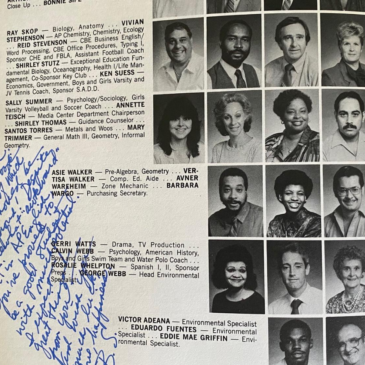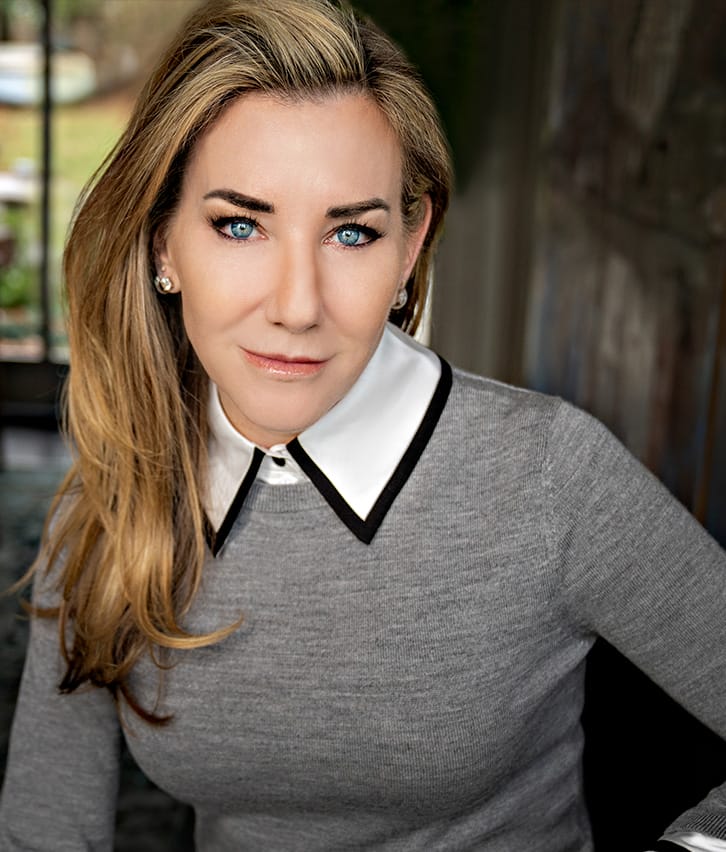Teachers have had a hell of a couple of years. They were thrown like cannon fodder onto the front lines. Parents, desperate to alleviate the burden of unplanned and untrained homeschooling, were torn between normalcy for their kids, battling within between economic stability of being able to actually work, and paralyzing anxiety about safety for their babies. And elected officials looked high and low for political cover to keep enough people happy to ensure their own happiness come November.
Y’all, it was a circus.
But, here’s one thing I do know: I am who I am today because of a few teachers who loved what they did so much that students in their classes couldn’t help but become better versions of themselves.
For me, there were three teachers who taught me that I could write, that I had a voice, and that I should give a shit.
There was Bonnie Sipe, my 12th grade English teacher. Yeah, she made us read Beowulf, but she also didn’t let me settle for mediocrity. So, I’ll call that a draw. I had her class first thing in the morning, and I was late without fail starting pretty every. “An awkward start,” she called it in the yearbook I edited. Then, one day, my phone rang at the crack of dawn: “Laura, this is Ms. Sipe. It’s time to get up so that you aren’t late for class.”
And she proceeded to call me for the next five mornings until finally I asked her why. “Laura, you are better than being late and mailing in the rest of your senior year. If you stumble through the rest of this year, you will stumble through life. You can write. I want to see you write.”
That was the first time I knew I could write.
In my senior year at University of Texas — hook ‘em — I interviewed for and was accepted into a class taught by Sarah Weddington. Some twenty years earlier, Sarah had argued Roe v. Wade in front of the Supreme Court of the United States. She was 27 years old at the time.
The course was taught as a seminar. There were only a dozen of us, and we arranged our chairs in a circle. Rather than give a lecture, she facilitated a conversation. I remember being scared out of my mind — of her, and of the other (far more sophisticated) students — but Sarah insisted that there would be no bystanders in her class. We all had to contribute.
That was the first time that I understood what my voice mattered.
And then there was John Moffi, who taught social studies in middle school.
More than just social studies, Mr. Moffi taught me to give a shit about the world. I remember he showed The Day After, a movie so terrifying that we had to get special permission slipped signed by parents. In my memory, that movie starts with an explosive mushroom cloud of a nuclear attack and then follows some folks through the aftermath. Maybe it didn’t? I can’t remember. I just remember that I was beside myself with fear, and paid attention to politics from that day forth. It was my own, personal, Day After.
But it wasn’t just that he showed us this movie. It was that he created a space in which we talked about the world, and how this could easily come to pass, and own role even as middle schooler in preventing it. He taught us about the importance of civic activity, and how community is built. (A testament to this was that, a year later, when one of our friends was killed by a drunk driver, it was to his classroom that we gravitated to grieve and cry and write petitions and form clubs.)
This was the first time I knew I had to give a shit.
Teachers improve us. Teachers shape us. They change the very core of us. Without them, we would be less than all we are.



